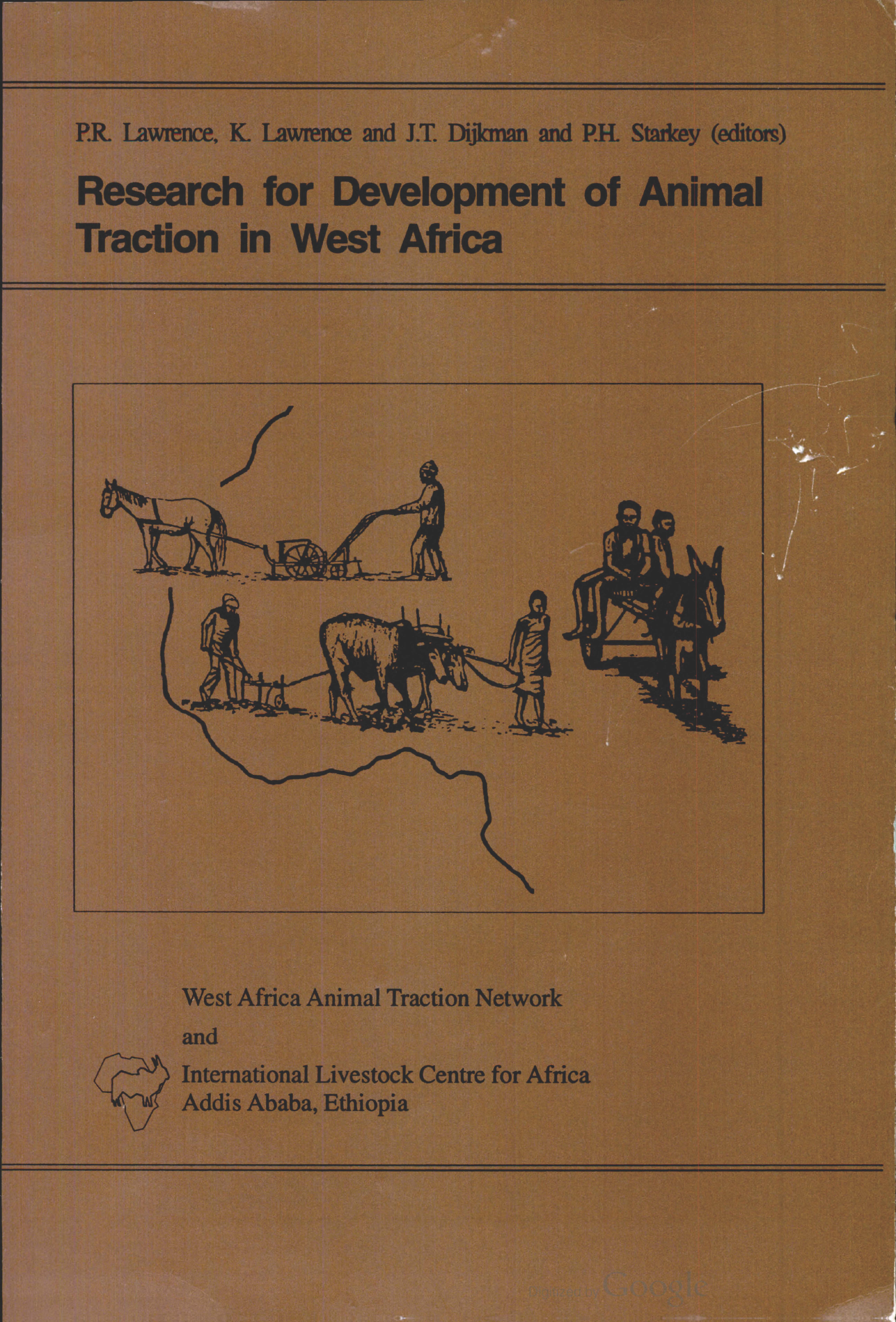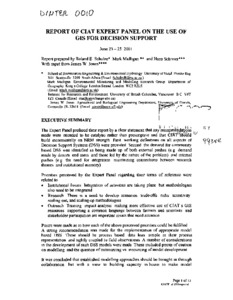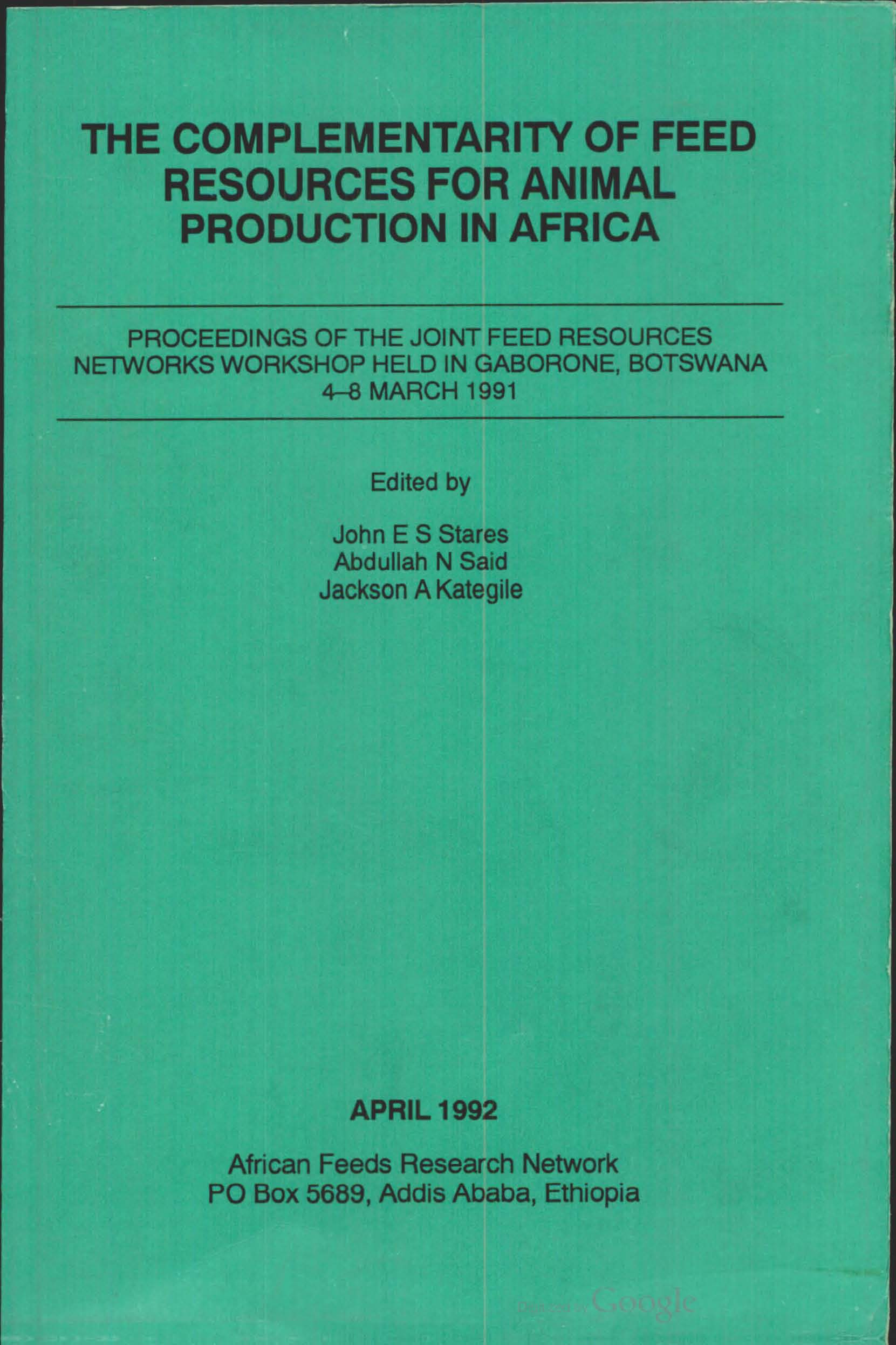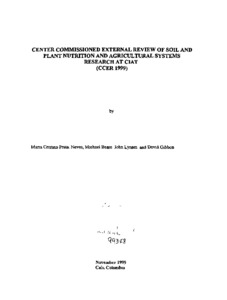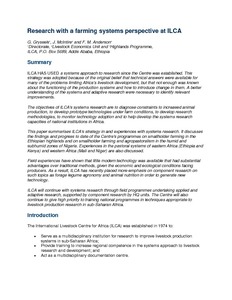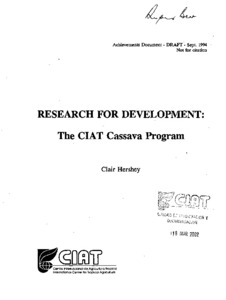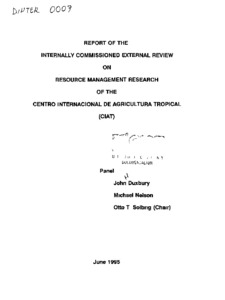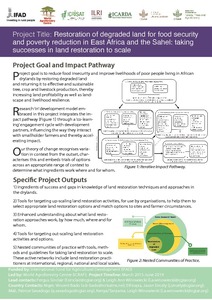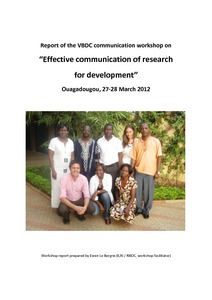Research for development of animal traction in West Africa. Proceedings of the fourth workshop of the West African Animal Traction Network
The report is divided in 12 sections. The first section is introductory. The second section presents research on animal health of working animals. Diversified uses of animal traction including animal-powered rice-huller, weed control are discussed in the 3rd section. The fourth section looks into harnessing and implements used in the different regions of West Africa. The management and nutrition of working animals is discussed in the fifth and sixth sections.
Report of the CIAT expert panel on the use of GIS for decision support
Research priorities for the development of appropriate feeding systems for dairy production in sub-Saharan Africa
Inadequate feed supplies remain a major constraint to sustainable cattle production in general, and milk production in particular, in smallholder production systems throughout sub-Saharan Africa. In the emerging peri-urban dairy production systems in West and central Africa, for example, poor development of feed resources has invariably resulted in milk production being sustained at comparatively high feed costs, thus reducing the competitiveness of locally produced milk.
Report of the external review panel of the CGIAR genebanks operations
Research with a farming systems perspective at ILCA
Discusses the historical context of ILCA's research, the principal types of animal production systems and the stages in ILCA's farming systems research. Describes the smallholder farming in the Ethiopian highlands & humid zone, the agropastoralists of the sub-humid zone, systems research in pastoral areas of eastern Africa (Kenya & Ethiopia), characteristics of the arid and semi-arid zones of West Africa and the role of modelling in the system. Ends with a summary of past experience.
Report of the internally commissioned external review on resource management research of the Centro Internacional de Agricultura Tropical (CIAT)
Research methods for reduced-impact logging: workshop results
In July 1996, with assistance from FAO, USAID, and the USDA Forest Service, CIFOR offered its first International Research Training Seminar on Reduced-Impact Timber Harvesting and Natural Forest Management. Participants were drawn from ten countries and represented disciplines ranging from silviculture and hydrology to wildlife biology. Throughout the workshop, field exercises were integrated with classroom activities, initially in the experimental forest plantation near CIFOR's headquarters, and later at an industrial timber concession in East Kalimantan.


